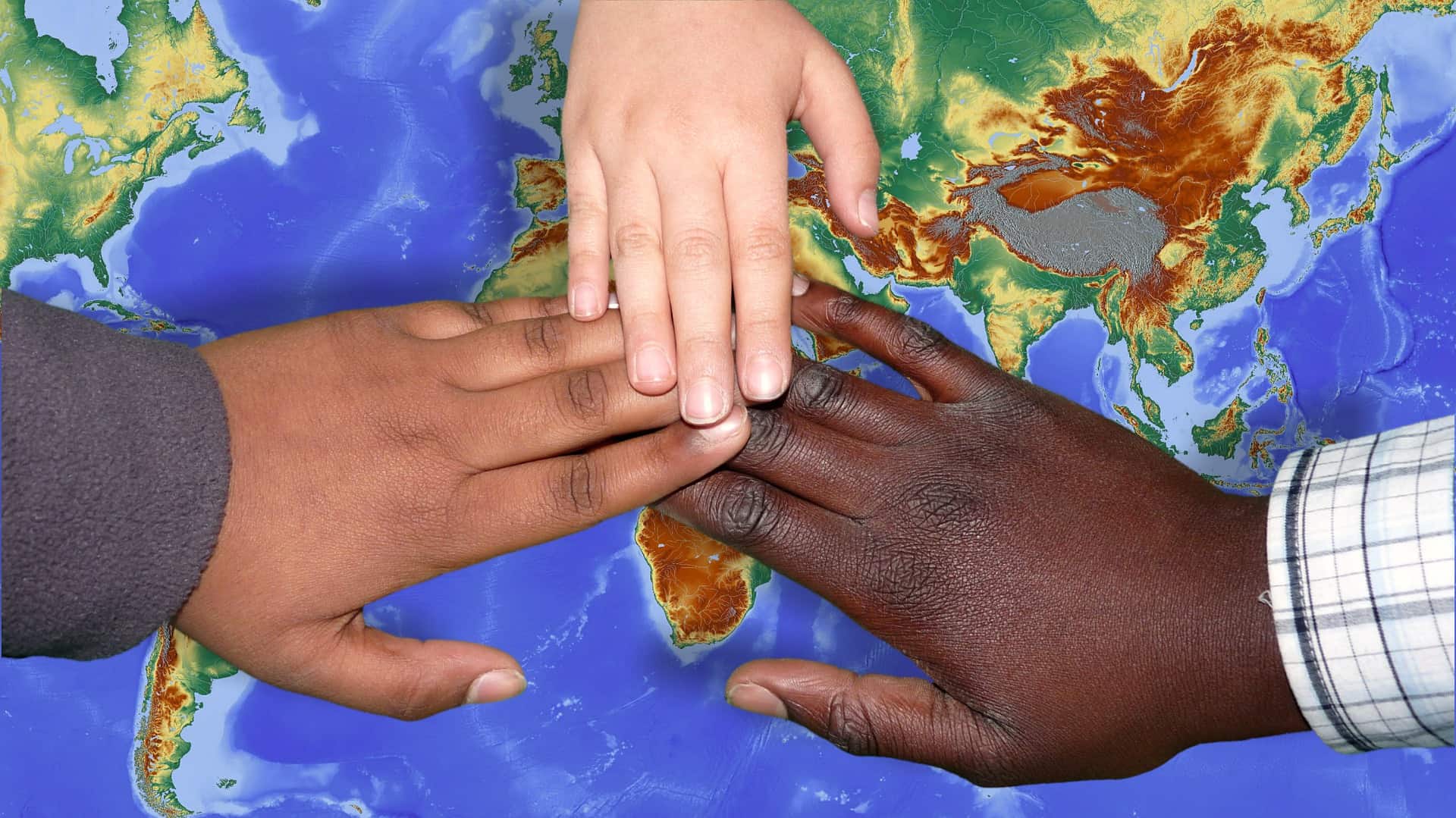“Understanding Causes and Consequences of Criminalization of Migration”
International conference, 17-18 May 2018, City Hotel, Ljubljana, Slovenia
Organized by: Peace Institute, Ljubljana; Institute of Criminology at the Faculty of Law Ljubljana; International Law Association for Slovenia; CINETS – Crimmigration Control – International Net of Studies
BACKGROUND │ The 2015-2016 ‘refugee crisis’ and the on-going arrivals of people seeking protection and better life to the EU triggered a number of changes in the states’ legislative and policy approaches to migration. A number of EU member states and EU candidate and prospective candidate countries, including those that have traditionally been more welcoming or less burdened with migration questions, introduced new legal restrictions and established new institutions aimed at surveillance, control and deterrence of the people on the move. 2016 was the year when the largest ever number of refugee statuses were granted by the European Union Member States. At the same time, the trend of attributing of factual or alleged responsibility for crimes to migrants and refugees is increasing. In the quest for interpretation of developments surrounding us the inability of the public to digest the vast amount of information leads to simplification and portrayal of migrants and refugees as dangerous. The welcome culture is increasingly seen as naïve, and assistance to migrants is more and more often subject to administrative or criminal punishment. At the same time, nondemocratic trends and practices against human rights and equality within the EU are gaining importance and strength, and phenomena such as racism, xenophobia and anti-Semitism are becoming more and more open and public. They are no longer reserved only to clandestine platforms but are increasingly mainstreamed into political programmes of parties that are entering both the member states and EU parliaments. Such transformations in European societies, governments and institutions seem to show an increasing amnesia about the lessons of the two European and world wars in the 20th century.
THE AIM OF THE CONFERENCE │ The conference will address above all the question of the causes and the consequences of criminalisation of migration both in the EU and worldwide. We want to tackle the direct causes of these transformations as well as rethink the broader political and socio-historic framework of ongoing trends of criminalisation of migration. Particular interest is to address the relationship between criminalization of migration and equality, racism and xenophobia. The main questions are: How are these transformations taking place? What examples from law, politics and society confirm or refute these processes? Which theoretical frameworks enable their understanding? What can we expect in the future regarding criminalization of migration – is it going to strengthen or wind-down? What is the factual and possible role of the European integration(institutions, processes of enlargement, law and legislative harmonization) in criminalization of migration?
CONFERENCE PROGRAMME
Wednesday, May 16th
19:00-21:00 Presentation of a Book “Violent Borders” (Nasilne meje), by Reece Jones
Discussants: Prof. César Cuauhtémoc García Hernández (University of Denver) and Prof. Mojca Pajnik (University of Ljubljana). Moderated by: Kristina Božič, journalist.
Location: Atrij ZRC, Novi trg 2, 1000 Ljubljana
Thursday, May 17th
9:00-9:30h Welcome and Keynote Speech 1: Neža Kogovšek Šalamon (Conference Chair): Global Crimmigration Trends
9:30-11:00h Panel 1 (Moderator: Neža Kogovšek Šalamon)
Christelle Macq: Removal and Expulsion on Grounds of Public Policy or Public Security: What are the Limits of Punishment?
Izabella Majcher: Immigration Detention in the Time of the EU “Refugee Crisis:” Deterrent Aims of Formally Administrative Measures
Aleš Završnik and Mojca M. Plesničar: Large EU-IT Systems in the Areas of Borders, Visa and Asylum: Implications for Human Rights in Slovenia
11:00-11:30h Coffee Break
11:30-13:00h Panel 2 (Moderator: Veronika Bajt)
Vasja Badalič: Tunisia and the EU External Migration Policy: Crimmigration Law, Illegal Practices and Their Impact on the Rights of Migrants
Neža Kogovšek Šalamon: The Influence of EU Membership Conditionality on Crimmigration in the Western Balkans
Maddalena Avon, Emina Bužinkić and Lea Horvat: Crimmigration trends in the Balkans
13:00-14:30h Lunch Break and Coffee
14:30-15:00h Keynote Speech 2: César Cuauhtémoc García Hernández: Criminalizing Migration and Impeding Migrants’ Rights in the United States
15:00-16:30h Panel 3 (Moderator: Mojca M. Plesničar)
Vasilka Sancin: The (In)Surmountable Challenges in Reconciling States’ Human Rights Obligations and Crimmigration
Cristiano d’Orsi: Why are Migrants Threatening Security and Democracy in Africa? Reflections from South Africa
Peter Billings: Banishing Bikies From Australia: Regulating Crimmigrants through the “Character Test”
16:30-17:00h General Discussion and Conclusion of the First Day
Friday, May 18th
9:00-9:30 Welcome and Keynote Speech 3: Maria João Guia: The Emergence of a State of Exception over foreign-nationals in the European Union after the Returns Directive and the Mediterranean crisis
9:30-11:00 Panel 4 (Moderator: Vasja Badalič)
Yewa Holiday: Refugees and the Misuse of the Criminal Law
Didem Dogar: Criminalisation of Migration: No Equal Protection for Asylum Seekers Suspected of Criminality
Dušan Nolimal: Lessons from the Wars on Drugs, Terror and Immigration: The Case of Europe-Afghanistan Relations
11:00-11:30 Coffee Break
11:30-13:00 Panel 5 (Moderator: Mojca Pajnik)
Ana Kalin: Criminalising the Other: Identity Creation, Othering and Crimmigration
Veronika Bajt and Mojca Frelih: Crimmigration and Nationalism in Slovenia
Jože Vogrinc and Rok Smrdelj: Objectification of Migrants in TV News Discourse
Tjaša Učakar: The Rhetoric of European Migration Policy and its Role in Criminalization of Migration
13:00-14:30 Lunch Break and Coffee
14:30-15:00 Keynote Speech 4: Vlasta Jalušič: Crimmigration “Law” and the Creation of “Dual” State
15:00-16:30 Panel 6 (Moderator: Vlasta Jalušič)
Jernej Kaluža and Pia Brezavšček: Familialism as a Source for the Criminalisation of Migration
Nicoletta Policek: The Hint Half Guessed: The Criminalization of Stateless Children in Italy
Davide Pittioni and Tomaž Gregorc: “Time Bandits”: Time as a Factor of “Criminalization of Legality” of Asylum Seekers. An Example from Trieste (Italy)
16:30-17:00 General Discussion and Conclusion of the Second Day




